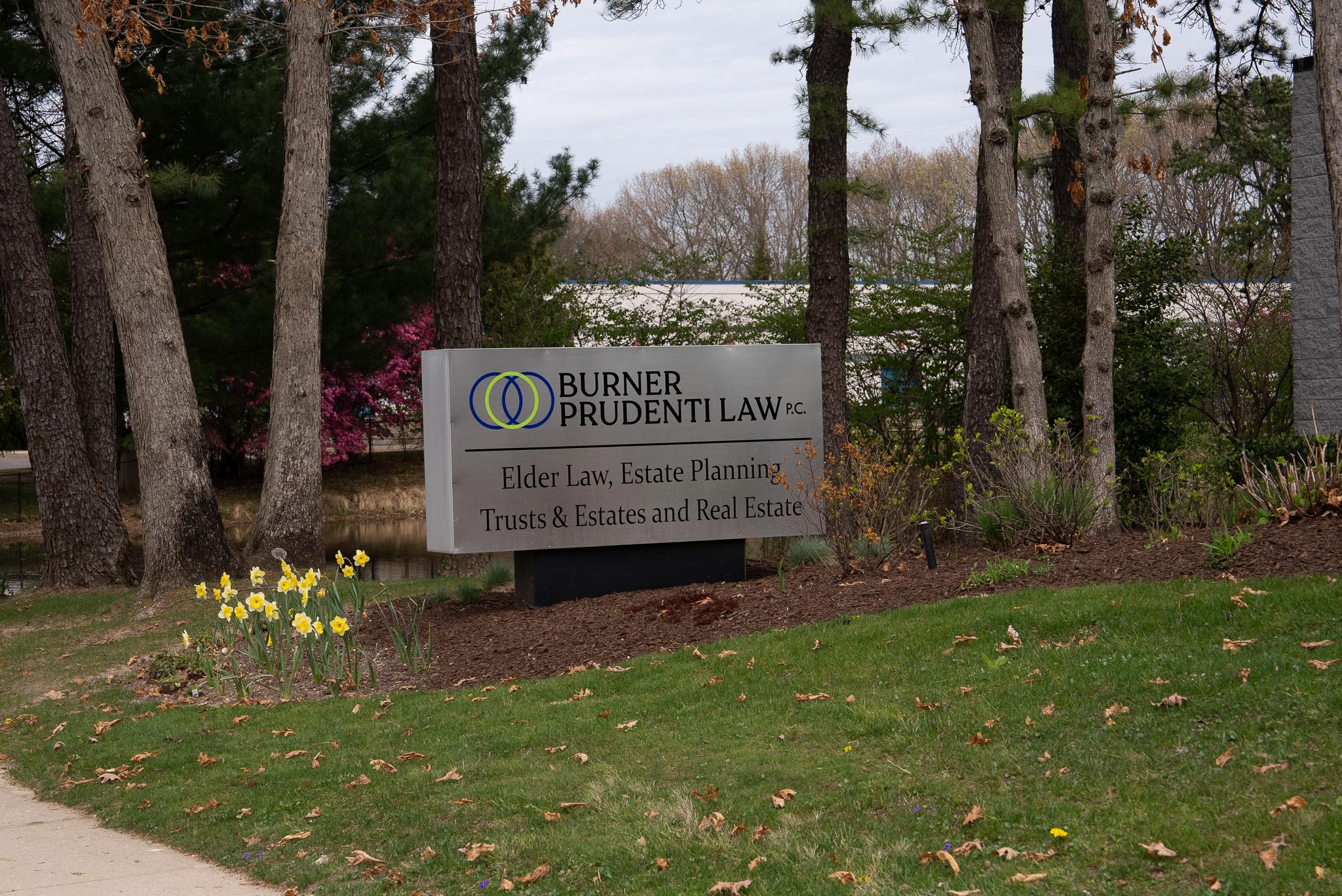
Latest News
How Does Life Insurance Affect an Estate Plan?
Planning with life insurance requires the advice of competent insurance professionals and estate planning attorneys to ensure the most advantageous outcome for you and your beneficiaries.

Starting in March 2025, New York State will be condensing down to one Fiscal Intermediary (FI) from the over 600 FIs that currently operate in this arena.

A last will and testament is meant to respect your wishes in the time after your death, while a living will is used to honor your wishes in the last moments of your life.

You can renounce your right as Executor and decline to act by simply signing a Renunciation of Nominated Executor form in front of a notary.

Probate is the process by which a last will and testament is accepted by the Surrogate’s Court.

The process of appointing a legal guardian can take many months, so it is important to have a U.S.-based or a NY-based guardian to care for your kids.

Once the fiduciary receives letters and is appointed executor or administrator by the surrogate’s court, the fiduciary may provide reimbursements.

While it is not required to hire a lawyer to represent the executor of an estate, it is often a good idea to seek representation.

Whether you are 18 or 81, there are four key documents you should consider: health care proxy, HIPAA release form, living will, and power of attorney.

If you are a parent of a young child, you have probably heard that you should have a will. But do you know why?

Britt Burner has been elected as a Fellow of the New York Bar Foundation by its Board of Directors.
In The Media
-
Estate Planning for Blended Families: Insights from Britt Burner
Britt Burner, Partner at Burner Prudenti Law, P.C., recently spoke at a Continuing Legal Education (CLE) event hosted by the Columbian Lawyers Association of Brooklyn
May 5, 2025 -
Matthew Kiernan Named a 2025 Top Lawyer of Long Island
Matthew Kiernan, Esq. was honored as a 2025 Top Lawyer of Long Island by RichnerLIVE Events and the Long Island Herald!
April 14, 2025 -
Burner Prudenti Named TBR News Media Reader’s Choice for Best Attorney / Lawyer
Burner Prudenti is honored to share that we were named the Best Attorney / Lawyer in the 2024 TBR Readers’ Choice issue!
March 31, 2025 -
Nancy Burner Recognized as One of Super Lawyers’ “Top 50 Women” For the Sixth Year in a Row
March 20, 2025 -
Burner Prudenti Law Ranked as a 2025 Tier 1 Elder Law Firm by Best Lawyers
Burner Prudenti Law was recognized as a 2025 Tier 1 law firm in elder law and trusts and estates by Best Lawyers!
November 6, 2024 -
Burner Prudenti Law Featured in Forbes & Fortune
Learn more about the history and vision of Burner Prudenti Law in this recent Forbes & Fortune article.
November 4, 2024
Our Blog
In the landmark case of Connelly v. United States, the Supreme Court addressed critical issues concerning the estate tax implications of life insurance proceeds used in the redemption of stock in closely held corporations.
Our criminal courts protect victims. Our civil courts provide a forum for the peaceful resolution of disputes. Our family and surrogate’s courts guide families through what may be the most traumatic experience of their lives.
As we reflect on the complexities of family law, let us work together to support our justices, understanding the weight of their responsibilities and the importance of their decisions.
The Medicaid Asset Protection Trust (“MAPT”) is alive and well in the Elder law practitioner’s toolbox and is the best option for protecting real property.
The federal government and the marketplace are undergoing revolutionary changes that will inevitably transform the business of law and operation of courts. The question arising from the uncertainty is, how so?
In this guest post by Maria Torroella Carney, MD, FACP, learn what contributes to aging and what can be done to encourage healthy aging.











